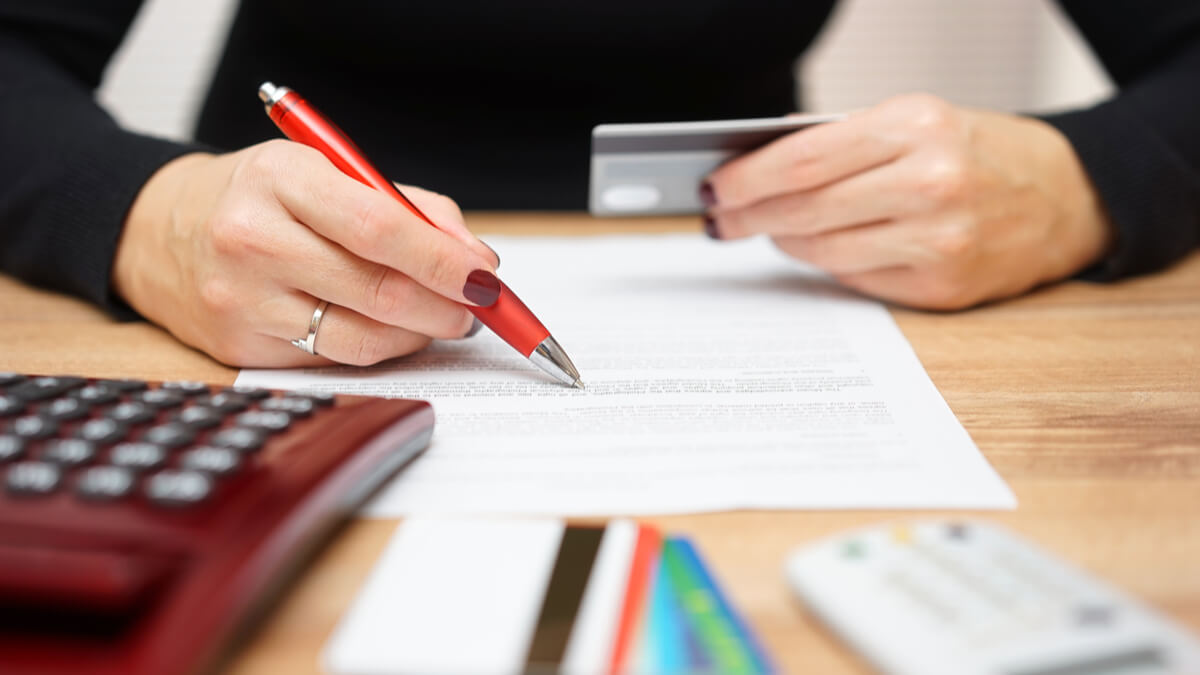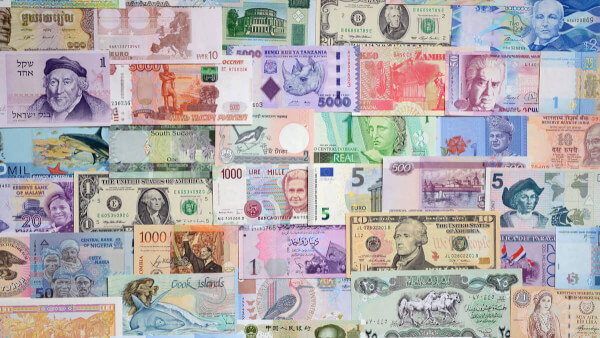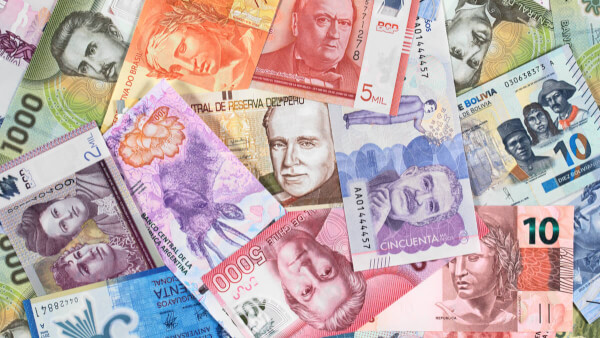Remitbee full guide
Dive into an in-depth exploration of Remitbee, understanding what it is, its service offerings, associated fees, and how it stands out in the online money trans

To open a bank account in the US you’ll usually be asked for a few documents for verification, your SSN and a minimum opening deposit.
The exact requirements for different accounts can vary — some have tighter eligibility restrictions than others, depending on the account type.
We’ll cover all you need to know about how to open a bank account in this handy guide. And because banks aren’t right for everyone, we’ll also introduce the Wise account — a more flexible, non-bank alternative.
Let’s start with the requirements you’re likely to find when you choose to open a checking or savings account at a bank or credit union.
Financial institutions can all set their own processes and eligibility rules for their checking accounts and savings accounts — so it’s worth taking a look at the specifics before you get started.
However, the things you’ll need usually include¹:
|
|---|
You’re asked to submit identity and address documents for verification purposes, more or less whenever you open a bank account or access other financial services.
That’s part of how banks, credit unions, and specialist providers keep customers safe and comply with legal requirements.
Before you choose your preferred bank and account, don’t forget you’ll also need to double-check the eligibility rules. Most banks and credit unions will offer basic checking accounts to customers aged 18 years or over — you may even be able to apply online.
| ⚠️ However, with more basic accounts, you may find that the products and services you can access are more limited. You can usually get a linked debit card and online banking service, but to get more advanced account functions like a linked credit card, you’re likely to need a credit score check and provide a higher initial deposit amount. |
|---|
It’s helpful to know that the documents you need to open a bank account in the US may vary if you’re a non-permanent US resident or a non-resident alien.
Many major banks will still allow you to open an account if you’re a Green Card holder or a non-resident alien holding a US visa. However, the process may be different — including requiring a trip to a branch to make your application.
To give an example, here’s what’s needed to open a Bank of America® account as a non-permanent US resident:
|
|---|
If you’re looking for an account you can open fully online, from more or less anywhere in the world, you might find you’re better off with a modern alternative, like Wise. More on that, next.
Check our full guide to opening a non-resident account with BoA
Traditional financial institutions offer a range of checking and savings accounts — but they aren’t right for everyone.
In particular, banks may not be your best bet if you need to send, spend or receive foreign currencies.
| Check out the multi-currency Wise Account as a modern alternative: |
|---|
|
Open your Wise account online or through the app, using your regular ID document, and your proof of address*.
Once your account is verified you’re ready to start managing your money across currencies, right from your phone or laptop. Easy.
*Wise may request additional documents to verify a customer's identity
Let’s dive into how to open a bank account in the US.
The process for opening an account varies widely from one financial institution to another — so you’ll have to check the requirements for your preferred bank or credit union directly. However, the usual steps include:
|
|---|
Choosing the right type of bank account is important, to make sure you get the services you need without excessive fees.
While there are many specialist account types available, the most common accounts offered by banks and credit unions can be split into checking accounts and savings accounts. Let’s look at the difference.
| Checking account | Savings account |
|---|---|
| Intended for day to day use and bill payments | Intended to build a rainy day fund or achieve mid — to long — term savings goals |
| Likely to come with a debit card and checkbook | May or may not come with linked cards and checks |
| Instant access — make withdrawals and payments any time without penalty | The highest yield savings accounts may not offer penalty free access to funds |
| Unlimited numbers of withdrawals usually available | Withdrawals may be limited to a fixed number per month or year |
| Usually pays low or no interest | Interest bearing |
| Minimum balance requirements and fees can vary | Minimum balance requirements and fees can vary |
In short, if you want a spending account with easy access, low fees, and few limits, you probably want a checking account.
If your priority is saving towards a goal, and you want to earn interest, you’ll probably need a savings account product.
| 📖 Wondering if a different kind of account might be better for you? Read more here: |
|---|
You can usually open a joint account in the same way as you’d open a personal account product — except, of course, that you need to provide documents and details for all named signatories.
That will mean that each joint account holder will need to provide documents to prove their identity and address, plus a tax ID like a SSN or ITIN, to get started.
Some banks let you open an account if you’re under 18, often with a co-signatory, such as a parent or guardian.
In this case, you’ll probably need proof of identity for both signatories, including the documents laid out above.
Some accounts specify who can be a co-signatory for a minor — in this case you may also need to show proof of the relationship between the account holder and co-signatory to get started.
Having low cost, simple ways to manage your money will make life easier. From online and mobile bill payments and free cash withdrawals, to great ways to build your savings, everyone’s priorities are different.
Choosing the right account for you will take a bit of research — but it’s well worth investing the time now to save money later.
Use this guide to start you off, and don’t forget to check out the Wise Account if you send and receive international payments, travel frequently or like to shop online with merchants based overseas. If you do, you may be able to start saving money on currency exchange with Wise today.
Sources:
Sources checked on 05.12.2023
*Please see terms of use and product availability for your region or visit Wise fees and pricing for the most up to date pricing and fee information.
This publication is provided for general information purposes and does not constitute legal, tax or other professional advice from Wise Payments Limited or its subsidiaries and its affiliates, and it is not intended as a substitute for obtaining advice from a financial advisor or any other professional.
We make no representations, warranties or guarantees, whether expressed or implied, that the content in the publication is accurate, complete or up to date.

Dive into an in-depth exploration of Remitbee, understanding what it is, its service offerings, associated fees, and how it stands out in the online money trans

In this article, delve into our MAJORITY review. Explore insights and opinions about its services, features, and alternatives.

Learn about Deriv Currency Accounts, their features, benefits, and how to open one. Discover a new way of participating in forex trading with Deriv.

Learn about foreign currency savings accounts, their benefits, drawbacks, and how to open one. Discover the best banks for these accounts and how to manage fore

Explore the process of opening a foreign bank account, the advantages, the required documentation, and important considerations.

Learn the intricacies of US foreign currency accounts, how to open one, and the advantages they offer. Find out which US banks provide this service and their fe